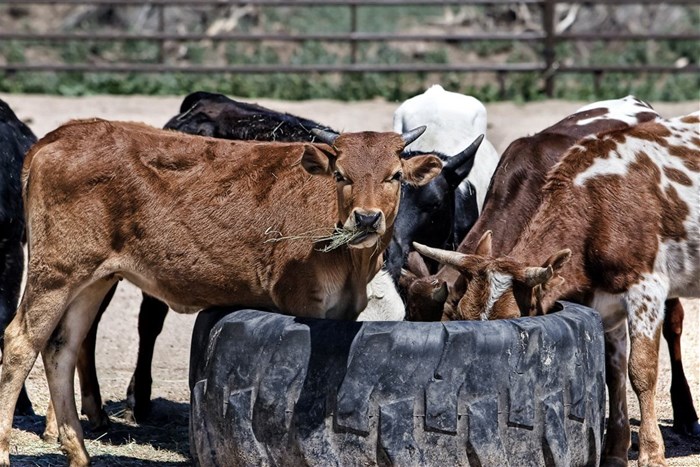China has suspended all beef and related product imports from South Africa following ongoing foot and mouth disease (FMD) outbreaks in Mpumalanga, Gauteng, and KwaZulu-Natal. The Red Meat Industry Services (RMIS) has expressed deep concern over the economic consequences of this ban, stressing the far-reaching effects on the red meat value chain, including producers, feedlots, abattoirs, and exporters.
RMIS CEO Dewald Olivier comments: "This development is a stark reminder of the fragility of our export markets when faced with biosecurity threats. While we respect China’s biosecurity protocols, the economic impact on South African farmers and the entire red meat value chain is severe and disheartening."
The suspension comes despite the Memorandum of Understanding (MoU) signed between South Africa and China in September 2024, which aimed to enhance bilateral trade, particularly with regard to FMD prevention and control. The MoU was designed to allow beef exports from provinces free of FMD, enabling regionalisation to prevent trade suspensions during outbreaks.
"We had hoped the MoU would pave the way for more nuanced responses to outbreaks—allowing beef exports from non-affected provinces to continue," Olivier notes. "Unfortunately, the current blanket suspension shows the complexity of implementing these agreements effectively during real-time crises."
Strategic importance of the agreement
The MoU sought to expand South Africa’s beef exports to China, focusing on value-added products, and reinforcing China’s role as South Africa’s largest trading partner. The FMD-specific aspect of the agreement was intended to ensure that South Africa’s disease control measures were respected, thereby reducing the risk of widespread trade suspensions.
The current situation highlights the urgent need for the practical implementation of regionalisation and more resilient disease management systems.
Export volumes to China
In 2024, South Africa’s beef exports grew by 30%, reaching 38,657 tonnes. China accounted for 14% of South Africa’s frozen beef exports, underscoring the importance of this market to South African producers.
While RMIS has voiced its concerns, it also acknowledges the swift response from the Department of Agriculture, which included containment measures and intensified biosecurity efforts. Olivier also recognised the leadership of deputy director-general, Dipepeneneng Serage, noting his instrumental role in guiding the sector through these challenging times.
A call for innovative solutions
RMIS urges the adoption of innovative strategies that can balance disease control with economic sustainability. They advocate for:
• Enhanced traceability and biosecurity protocols to reassure trade partners.
• The practical application of regionalisation, allowing exports from unaffected zones.
• Stronger public-private partnerships to improve surveillance and response.
• A review of protocols to prevent blanket bans that disrupt the industry.
"We need solutions that serve both our domestic industry and our trade partners," Olivier emphasises. "Out-of-the-box thinking is essential—not just to manage disease outbreaks, but to protect the livelihoods of everyone in the red meat value chain and secure the future of South African exports."
































